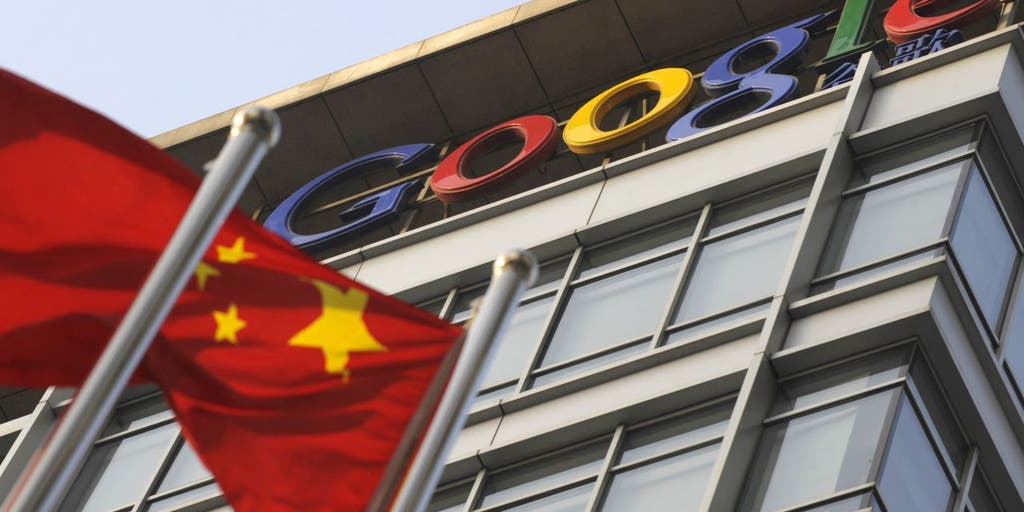John James, a Republican from Michigan, discusses how China can access personal information through internet-connected vehicles in an interview with The Evening Edit.
In California, a former Google software engineer named Linwei Ding, also known as Leon Ding, was indicted on Tuesday for allegedly stealing trade secrets related to artificial intelligence (AI) technologies. The charges accuse Ding of taking these trade secrets to benefit two companies based in China.
Ding, 38, joined Google in 2019 and was involved in developing software for the tech giant’s supercomputing data centers. His work focused on optimizing graphics processing units (GPUs) for tasks such as machine learning and AI applications. The indictment states that Ding illicitly transferred over 500 unique files containing Google’s confidential information, including trade secrets, to his personal Google cloud account between May 2022 and May 2023.
To avoid detection, Ding copied data from Google source files in Apple Notes on his work laptop, converted the notes into PDF files, and uploaded them from Google’s network. Shortly after this unauthorized activity began, Ding received a job offer as a Chief Technology Officer (CTO) from a Chinese company called Rongshu, which aimed to enhance machine learning on GPU chips and train AI models.
Additionally, Ding established his own company, Zhisuan, which planned to create a cluster management system for accelerating machine learning workloads using supercomputing chips. The company received funding from a Chinese startup incubator and promoted its ability to replicate and enhance Google’s platform to suit China’s needs.
Google detected Ding’s suspicious activities while he was in China in December 2023. Ding claimed he wanted to use the information as evidence of his work at Google and agreed to delete any sensitive data. Despite this, Ding booked a one-way flight to Beijing, resigned from Google in January 2024, and was found to have presented as the CEO of Zhisuan at an investor conference in Beijing.
After discovering Ding’s unauthorized uploads, Google security personnel retrieved his work devices, and the FBI executed search warrants to secure electronic evidence. U.S. Attorney Ismail Ramsey stated that Ding’s actions provided him and the Chinese companies an unfair advantage by stealing Google’s AI trade secrets.
A Google spokesperson emphasized the company’s rigorous safeguards against data theft and confirmed that the incident was isolated to one junior employee. They expressed gratitude to the FBI for their assistance in safeguarding confidential information and affirmed ongoing cooperation with law enforcement.
In conclusion, the case involving Linwei Ding highlights the importance of protecting intellectual property and trade secrets in the technology sector, particularly in the context of international competition and security concerns.










